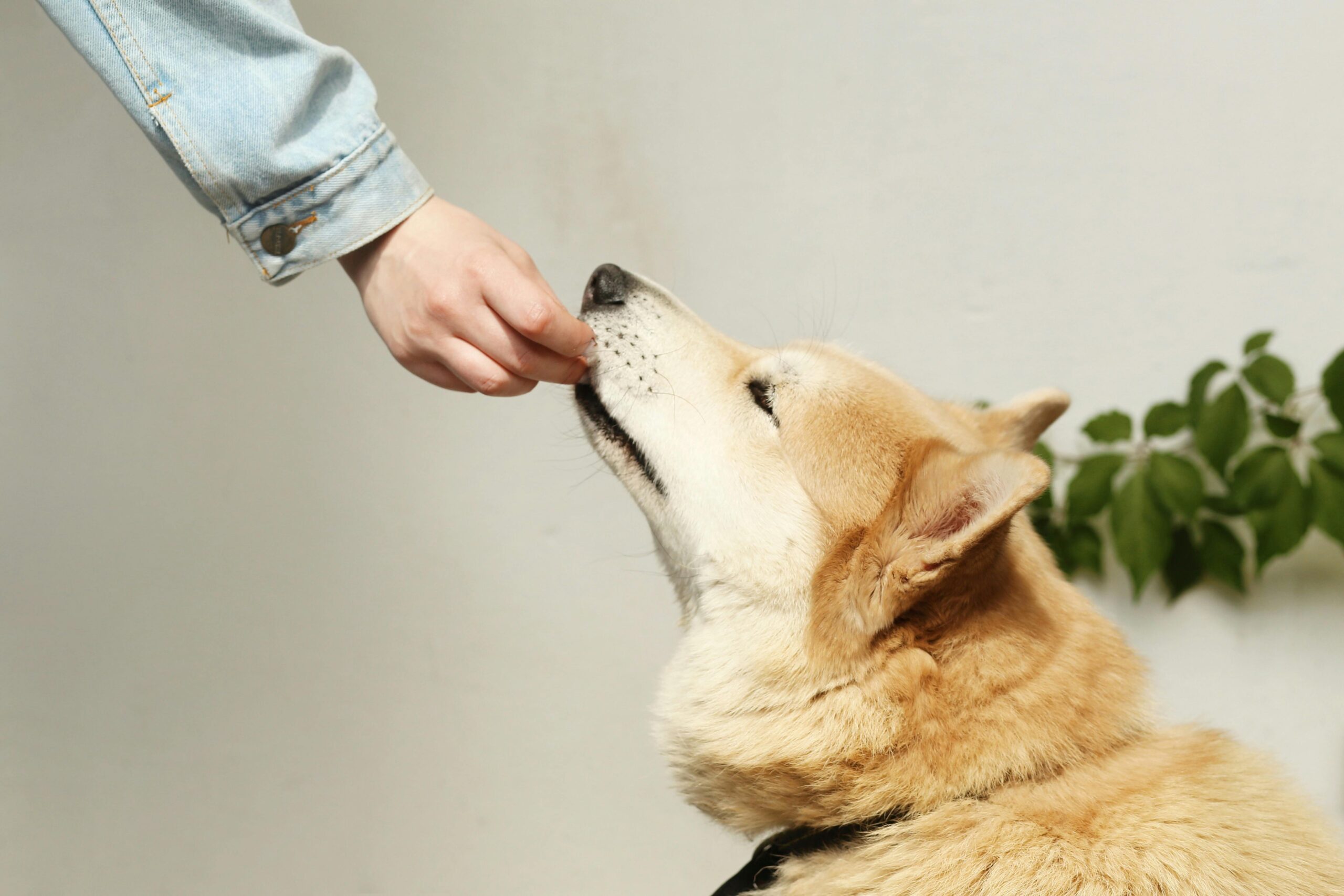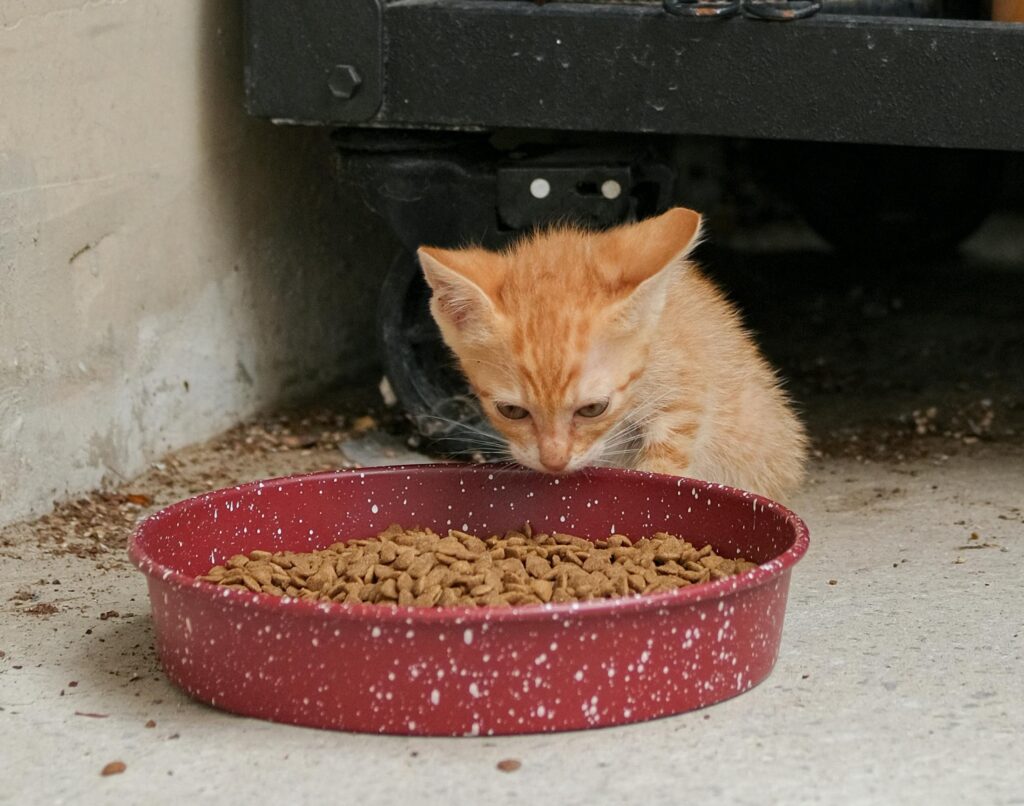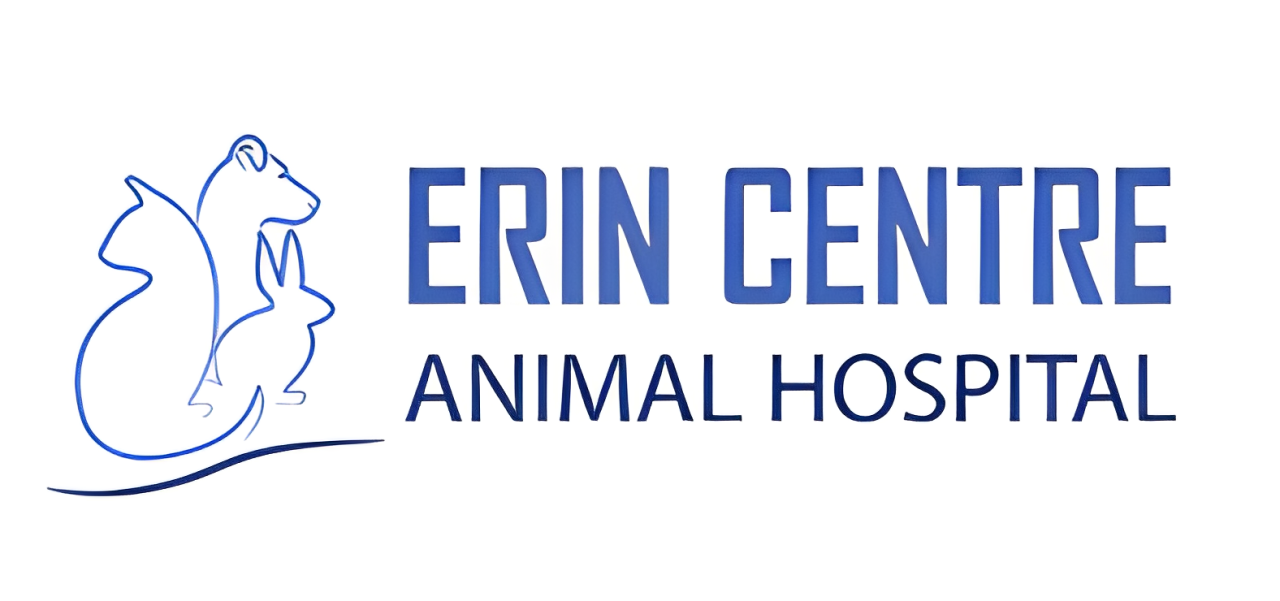When it comes to feeding your furry friend, choosing the right Nutritional Counselling can make a big difference in their long-term health and happiness. While taste and price are often what most pet parents focus on, it’s important to remember that not all pet foods are created equal—and portion sizes aren’t one-size-fits-all either.
Proper Nutritional Counselling can prevent a range of issues like allergies, poor skin and coat condition, digestive troubles, and even obesity. Since dietary needs change depending on your pet’s breed, age, and any underlying health conditions, having a customized feeding plan is essential. Whether you have a playful pup, a curious kitten, or a senior pet with special dietary needs, our team is here to guide you.

Pet Obesity
Pet obesity has become one of the most common health issues in dogs and cats across North America. Recent reports show that over 50% of dogs and nearly 60% of cats are carrying more weight than they should.
What is Obesity ?
Pet obesity is a condition where a dog, cat, or other animal has an excessive amount of body fat, usually caused by eating more calories than they use. It’s one of the most common health problems in pets today.
Overweight pets are at greater risk for serious health issues like diabetes, arthritis, heart disease, and breathing difficulties. Obesity also reduces a pet’s quality of life and can shorten their lifespan.
Common causes include overfeeding, lack of exercise, too many treats, or feeding table scraps. Some pets also gain weight more easily due to age, breed, or after being spayed or neutered.
Managing pet obesity involves proper diet, portion control, regular physical activity, and guidance from a veterinarian.
What health problems can obesity cause?
Carrying too much weight shortens a pet’s lifespan and increases the risk of developing serious health conditions. A long-term study showed that overweight dogs, even if only slightly, lived nearly two years less than their lean counterparts. Cats likely face similar consequences.
Obesity in pets can lead to:
- Diabetes
- Joint and mobility issues
- Heart and respiratory problems
- Decreased energy levels
- Shorter lifespan

Is My Pet OverWeight?
Spotting obesity in pets isn’t always easy. Changes in body shape can be gradual and easy to miss. If you’re unsure about your pet’s ideal weight, our team can assess them and help determine the healthiest path forward. We’ll use simple measurements and visual cues to evaluate body condition—and we’ll show you how to check at home too.
Giant Breeds
Dogs like Great Danes, Irish Wolfhounds, and other giant breeds have very specific nutritional requirements while they’re growing. Unfortunately, most off-the-shelf puppy foods don’t provide the right mix of nutrients these dogs need to grow steadily and safely.
We can help you select a diet that promotes healthy development without putting your pup at risk for joint or bone issues later in life. We also carry vet-approved diets made specifically for large and giant breeds.

Puppies/Kittens
With so many puppy and kitten foods on the shelves, it’s hard to know which one actually delivers what it promises. We’re here to make that decision easier. From your pet’s first weeks to their transition into adulthood, we’ll recommend diets that give them the best start possible.
We also carry top-quality veterinary-recommended foods at our clinic, so you don’t have to search far for reliable options.
